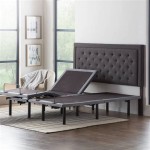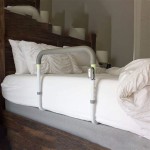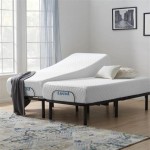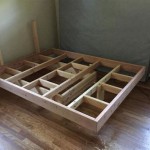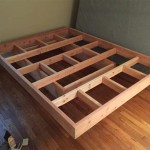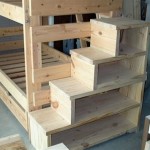Are Steel Garden Beds Safe?
Steel garden beds are becoming increasingly popular for growing vegetables, fruits, and herbs. They offer a number of advantages over traditional raised beds, such as durability, ease of maintenance, and resistance to pests and diseases. However, one of the most important considerations when choosing a raised bed is whether or not it is safe for growing food.
In this article, we will explore the potential risks and benefits of using steel garden beds. We will also provide some tips for choosing and using steel garden beds safely.
Potential Risks
There are two main potential risks associated with using steel garden beds:
- Rust: Steel can rust, which can contaminate the soil and make it unsafe for growing food. Rust is a type of corrosion that occurs when iron comes into contact with oxygen and water. Over time, rust can weaken the steel and cause it to break down.
- Leaching: Some types of steel can leach metals into the soil, which can also contaminate the soil and make it unsafe for growing food. Metals such as lead and cadmium are particularly harmful to human health.
Benefits
Despite these potential risks, steel garden beds also offer a number of benefits:
- Durability: Steel garden beds are very durable and can last for many years. They are not susceptible to rot or decay, and they are not easily damaged by pests or animals.
- Ease of maintenance: Steel garden beds are easy to maintain. They do not require painting or staining, and they can be easily cleaned with a hose or pressure washer.
- Resistance to pests and diseases: Steel garden beds are resistant to pests and diseases. This is because steel is not a hospitable environment for pests and diseases to grow.
Tips for Choosing and Using Steel Garden Beds Safely
If you are considering using steel garden beds, there are a few things you can do to minimize the risks:
- Choose a type of steel that is resistant to rust and leaching. There are a number of different types of steel available, and some are more resistant to rust and leaching than others. When choosing a steel garden bed, be sure to ask the manufacturer about the type of steel used and its resistance to rust and leaching.
- Line the garden bed with a barrier. A barrier between the steel and the soil will help to prevent rust and leaching. You can use a variety of materials to line the garden bed, such as plastic, landscape fabric, or cardboard.
- Add organic matter to the soil. Organic matter will help to buffer the soil from the effects of rust and leaching. When adding organic matter to the soil, be sure to use a variety of materials, such as compost, manure, and peat moss.
- Test the soil regularly. Testing the soil regularly will help you to ensure that it is safe for growing food. You can test the soil yourself using a home testing kit, or you can send it to a laboratory for testing.
By following these tips, you can help to minimize the risks associated with using steel garden beds and enjoy the many benefits they offer.

5 Misconceptions Of Metal Garden Beds Why They Are Safe Sunnydaze Decor

Are Galvanized Steel Garden Beds Safe Epic Gardening

Is It Safe To Use Galvanized Metal For Raised Beds Crate And Basket

Is It Safe To Use Vegega Metal Raised Garden Beds Bed

Are Metal Raised Beds Safe For Vegetables

Choosing The Best Materials For Raised Garden Beds Homestead And Chill

Is Galvanized Steel Safe For Garden Beds All You Need To Know

Bentism Galvanized Raised Garden Bed 8x4x1 Ft Metal Beds For Gardening Planter Box Vegetables Flowers With Safe Edging Gloves And Planting Tools Dark Grey Com

Outdoor Metal Raised Garden Bed 8x4x2ft Planter Box For Vegetables Flowers Herbs W 478 Gallon Capacity Black Com
Related Posts
